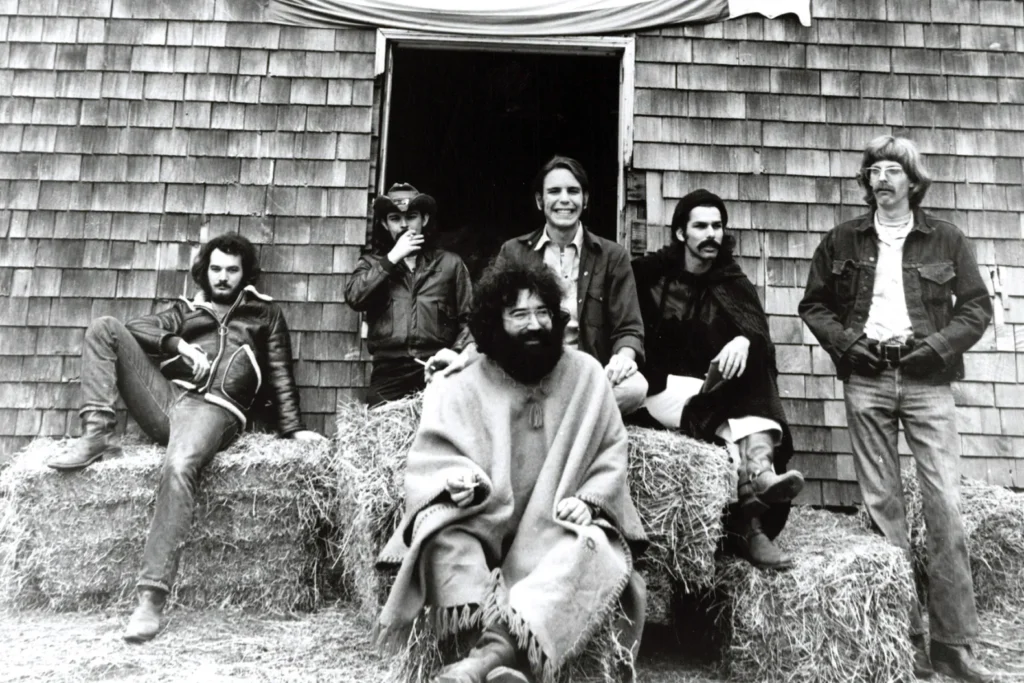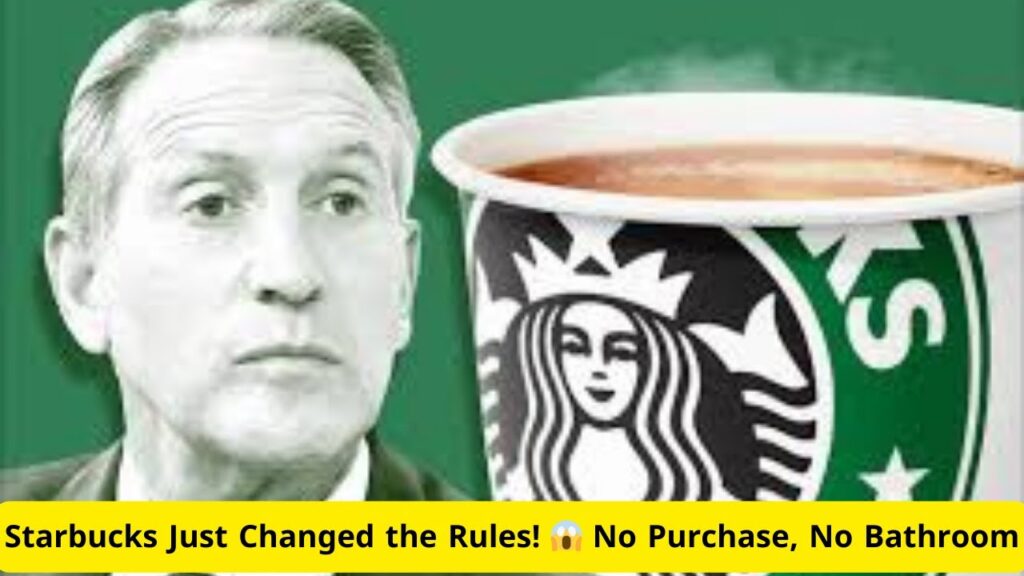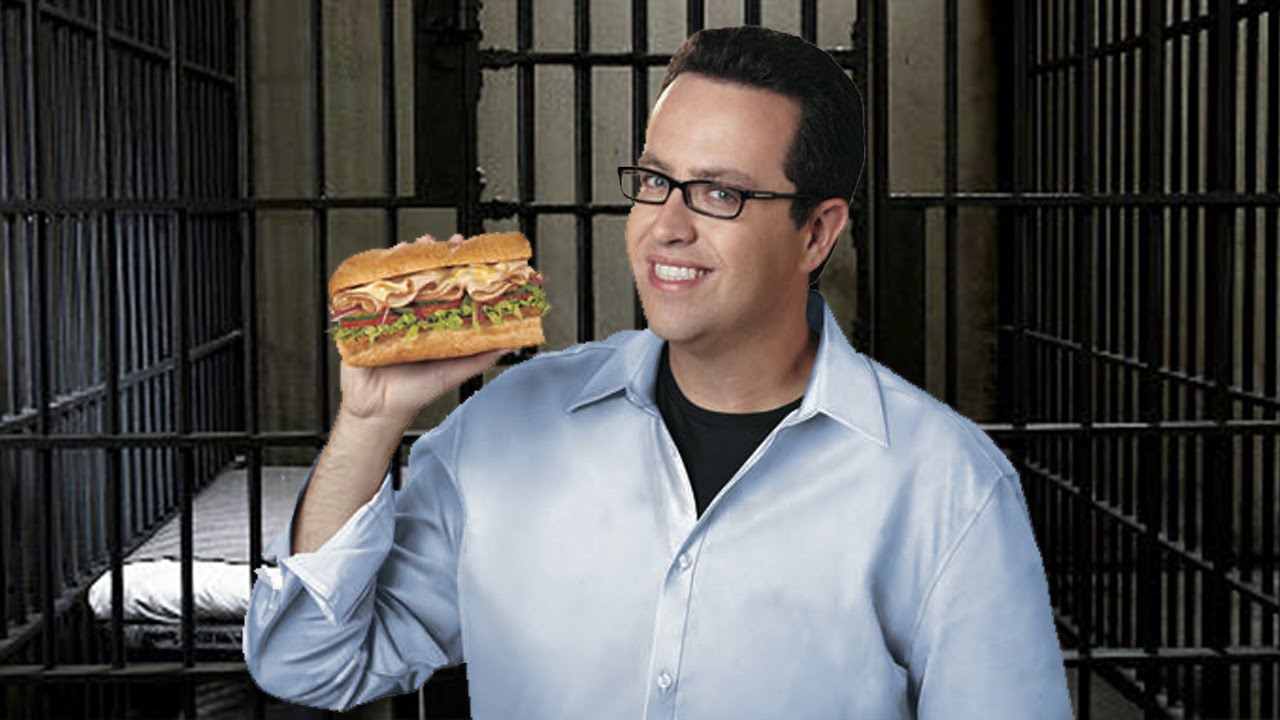 John Schnatter may have stepped down as Papa John’s CEO, but he’s staying on as spokesperson. Good idea?
John Schnatter may have stepped down as Papa John’s CEO, but he’s staying on as spokesperson. Good idea?
Most reports suggest that his demise was the result of his insensitive comments about NFL player protests. The brand is an official sponsor of the NFL, and game time is prime time for pizza delivery. Some like to think that viewership is down due to fans protesting the protests. President Trump encouraged this, and infamously staged the scenario of having VP Mike Pence walk out of an Indianapolis Colts game right after the national anthem when some of the players took a knee.
It’s true that viewership is down, though whether that’s a result of protests or many other factors isn’t clear. Regardless, fewer people are seeing Papa John ads when demand for pizza delivery peaks–during televised football games—so fewer people are ordering their pizzas.
Schnatter minced no words blaming protesting NFL players (who are mostly black) for the sales dip. White supremacy groups heartily endorsed his comments, forcing an apology from the company, a statement condemning racism and ultimately, Schnatter’s resignation.
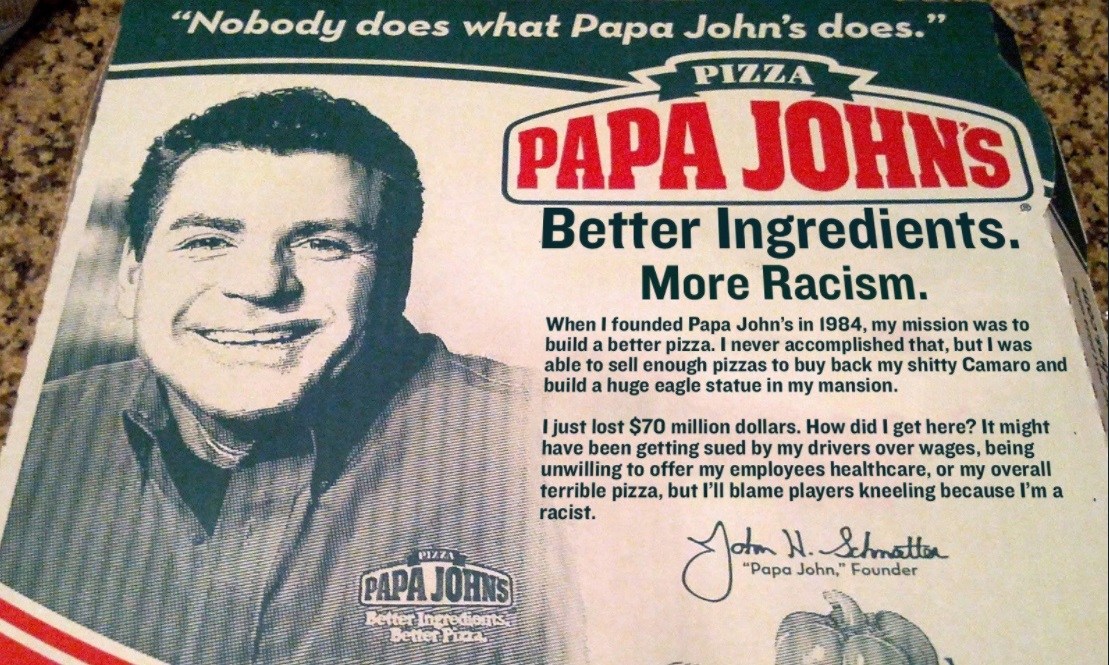
This is confusing to me. The general public and Wall Street want him out as CEO, but still think he’s an appropriate spokesperson? There’s something strange going on here. Maybe it’s temporary, a way of easing the pain and saving face for this egomaniac, a guy who writes himself into ads bantering with Peyton Manning as if they’re buddies. Right.
Whatever the explanation, this incident is just another demonstration of the dual-edged nature of brand spokespeople. The right person, whether celebrity, actor, CEO or animated character, can put a brand on the map. But while Tony the Tiger isn’t likely to get thrown in jail for drunk driving or publically shamed for sexual harassment, human spokespeople always pose risks.
Subway struck gold when they discovered Jared Fogle, a once obese man who lost over 200 pounds by eating Subway sandwiches. Jared was the face of Subway from 2000 to 2015, touting the brand’s healthful yet tasty qualities. He was authentic and likeable.
That is, until 2015 when Jared pleaded guilty in federal court to possessing child pornography and traveling to pay for sex with minors. Oops. Jared is currently serving 15 years and 8 months in federal prison, and those orange jumpsuits don’t really look good in TV ads.
 Martha Stewart’s company faced a similar dilemma when she too went to prison for lying to federal investigators about a stock sale. Paula Deen’s racism and use of the n-word propelled her fall from grace. More recently, chef, TV star and restaurant mogul Mario Batali was forced off the air and to resign from his own company due to a history of sexual harassment that came to light.
Martha Stewart’s company faced a similar dilemma when she too went to prison for lying to federal investigators about a stock sale. Paula Deen’s racism and use of the n-word propelled her fall from grace. More recently, chef, TV star and restaurant mogul Mario Batali was forced off the air and to resign from his own company due to a history of sexual harassment that came to light.
Still, the majority of spokespeople don’t leave in disgrace. Some, like Harland Sanders or Frank Perdue die. Others age out of their roles or just run their course.
Dos Equis’ felt it was time to move on from its “Most Interesting Man in the World,” so they blasted him off on a one-way mission to Mars in his last spot before replacing him with a younger model. Lightening didn’t strike twice. How could there be more than one “Most Interesting Man in the World?”
By the same logic, one might conclude that KFC should never have tried to replace Colonel Sanders, the iconic, real life founder of the brand. But replace him they did, with a comedian no less. SNL’s Darrel Hammond was widely praised for turning a terrific, irreverent send up of the Colonel.
And if that wasn’t enough, just when you thought KFC had locked in a great new campaign, they replaced Hammond with a series of other actors and (mostly) comedians, all with their own take on the character.
This line of Colonel impersonators had to have played a strong role in helping stabilize KFC in the U.S. while it continues to grow globally.
I wish that I could give you a clear, paint-by-numbers, bullet point list of recommendations regarding spokespeople. But those don’t really exist in the marketing world, where the only rule that consistently seems to work is that you should never play by the rules and reframe the conventional wisdom if you want to prosper.
An old man as a spokesman for a beer that wants to attract younger drinkers? Que estúpido! Use the memory of your late, beloved founder and turn him into a caricature of himself? Blasphemous.
This isn’t a business for the faint of heart. It’s risky to zig when everyone zags, and it’s suicidal to be a contrarian just for the sake of it. You still need the big idea that’s unexpected and engaging. Rounding up the usual suspects, like CEO’s and famous actors, might be “sound” strategy, but it’s something the world has seen again and again and will only get you so far.
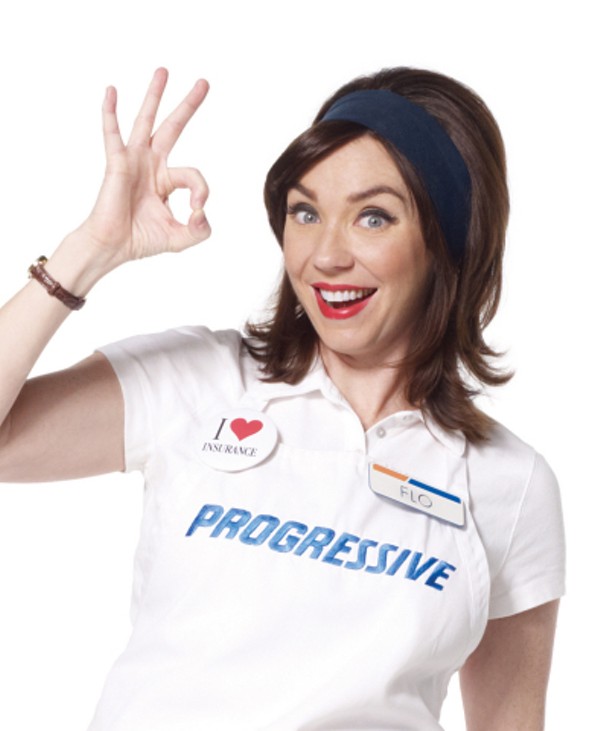 Perhaps I’m a bit cynical these days, but whenever I see Peyton Manning or Morgan Freeman or any other well-worn spokespeople in ads, even the fabulous, aspirational girl-next-store Jennifer Garner for Capital One, I yawn. A completely contrived attempt at buying hearts and minds. When I see CEO’s, I think one word. Ego. It probably wasn’t the agency’s first choice. Or second.
Perhaps I’m a bit cynical these days, but whenever I see Peyton Manning or Morgan Freeman or any other well-worn spokespeople in ads, even the fabulous, aspirational girl-next-store Jennifer Garner for Capital One, I yawn. A completely contrived attempt at buying hearts and minds. When I see CEO’s, I think one word. Ego. It probably wasn’t the agency’s first choice. Or second.
But I still love Flo after all these years, the perky character who sells insurance for a company with no agents, based in some otherworldly, ethereal place. And the Geico Lizard and the Geico cavemen, not that I see them anymore. And while we’re on insurance, All State’s Mayhem character rocks.
Who knew insurance could be such a funny business?

